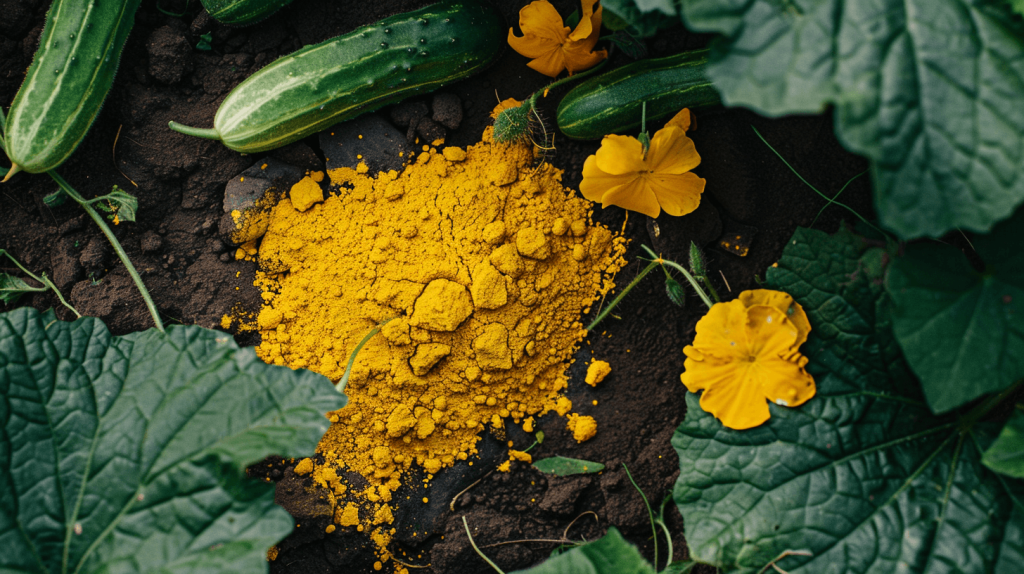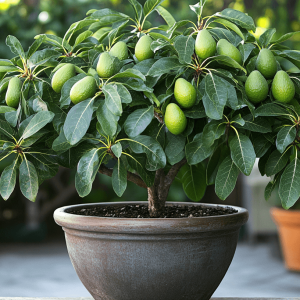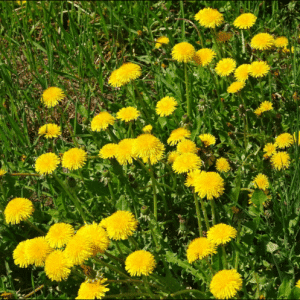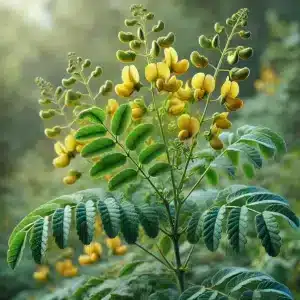
Mustard powder is an excellent natural fertilizer that can enhance the growth and health of various vegetables, including tomatoes, cucumbers, and other garden plants. Derived from ground mustard seeds, this organic amendment is rich in nutrients that promote healthy soil and robust plant development. Here’s a detailed guide on how to use mustard powder in your garden, its benefits, and an additional tip for maximizing its effectiveness.

Benefits of Mustard Powder as a Fertilizer
- Rich in Nutrients: Mustard powder is packed with essential nutrients like nitrogen, phosphorus, potassium, calcium, and magnesium. These elements are vital for plant growth and soil health.
- Improves Soil Structure: When added to the soil, mustard powder helps improve soil texture and structure, enhancing water retention and aeration.
- Natural Pest Deterrent: The natural compounds in mustard powder can help repel certain pests and soil-borne pathogens, reducing the need for chemical pesticides.
- Enhances Plant Health: Regular application of mustard powder can boost plant immunity, making them more resistant to diseases and environmental stressors.
How to Use Mustard Powder in Your Garden
For Tomatoes
- Soil Preparation: Before planting, mix mustard powder into the soil. Use about 1-2 tablespoons per square foot of soil. This enriches the soil and provides a nutrient boost for young plants.
- Side Dressing: Once your tomato plants are established, you can side dress with mustard powder. Sprinkle 1-2 tablespoons around the base of each plant, being careful not to let the powder touch the stems directly. Water thoroughly to help the powder seep into the soil.
- Compost Tea: Create a compost tea by mixing 1 tablespoon of mustard powder in a gallon of water. Let it steep for 24 hours, then use the solution to water your tomato plants. This method delivers nutrients directly to the roots.

For Cucumbers
- Soil Amendment: Like with tomatoes, incorporate 1-2 tablespoons of mustard powder per square foot into the soil before planting cucumbers.
- Fertilizing: During the growing season, sprinkle a tablespoon of mustard powder around each cucumber plant every three to four weeks. Ensure the powder is mixed into the soil and water well.
- Foliar Spray: Dissolve 1 teaspoon of mustard powder in a quart of water and use it as a foliar spray to provide a quick nutrient boost and help deter pests.
For Other Vegetables
- General Soil Enrichment: Mix mustard powder into your garden soil at a rate of 1-2 tablespoons per square foot. This works well for a variety of vegetables, such as peppers, carrots, and leafy greens.
- Planting Holes: When planting seedlings, add a pinch of mustard powder to each planting hole to give young plants an early boost.
- Compost Addition: Add mustard powder to your compost pile to enhance the nutrient content of your compost. Use about 1 cup of mustard powder for every cubic yard of compost material.Additional Tips for Using Mustard Powder
- Consistent Watering: After applying mustard powder, ensure your plants receive consistent watering to help the nutrients penetrate the soil and reach the plant roots.
- Avoid Over-Application: While mustard powder is beneficial, avoid over-application as it can lead to nutrient imbalances. Stick to recommended amounts to maintain soil health.
- Combination with Other Organic Amendments: For optimal results, consider combining mustard powder with other organic fertilizers like compost, bone meal, or fish emulsion to create a well-rounded nutrient profile for your plants.

Conclusion
Mustard powder is a versatile and natural fertilizer that can significantly benefit your vegetable garden. By incorporating it into your gardening routine, you can enhance soil health, boost plant growth, and deter pests, all while maintaining an organic and sustainable approach to gardening. Whether you’re growing tomatoes, cucumbers, or other vegetables, mustard powder can be a valuable addition to your gardening toolkit.
Extra Tip: Plant Companion Crops
Consider planting mustard greens as a companion crop in your garden. Mustard greens can help suppress weeds, attract beneficial insects, and improve soil health when tilled into the soil at the end of the season. This practice can enhance the overall health and productivity of your vegetable garden.






